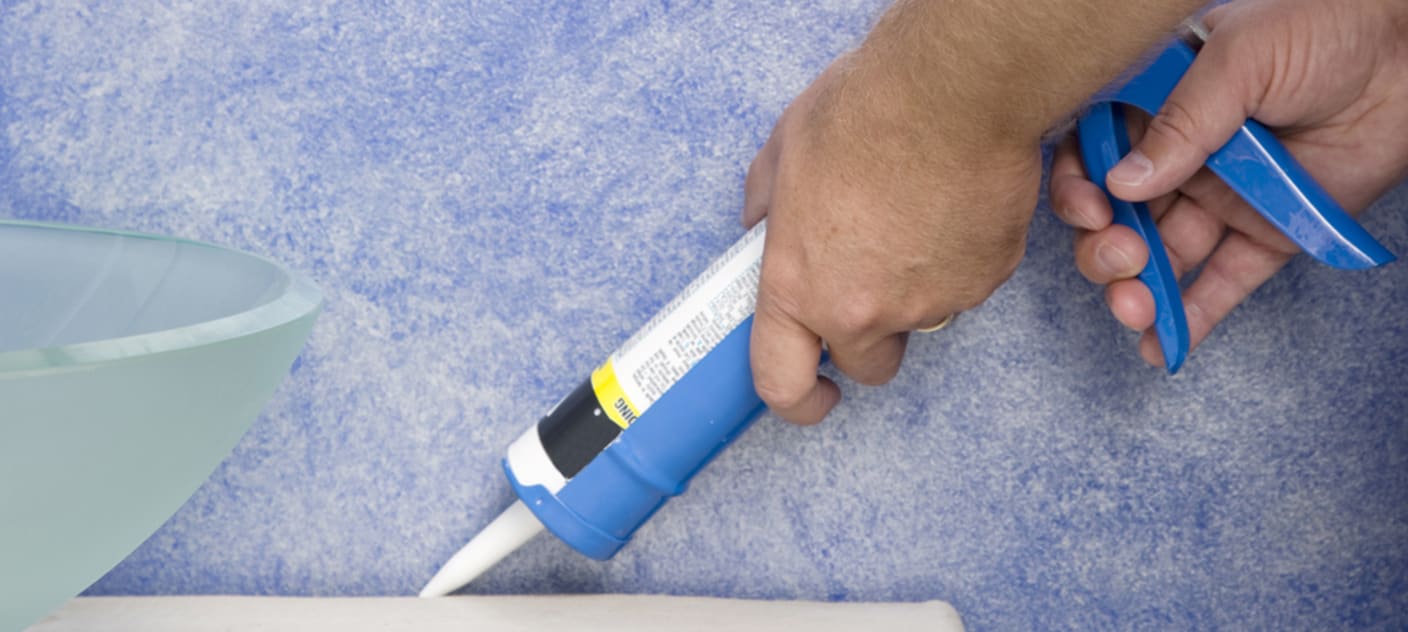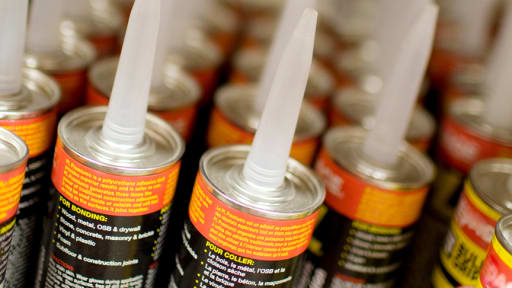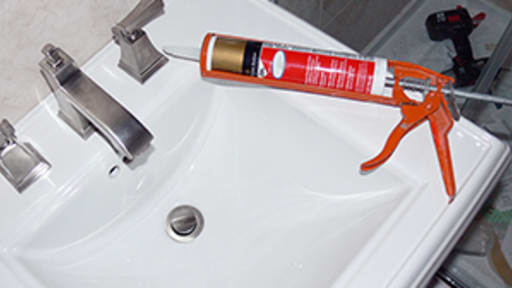Caulking Do's and Don'ts
Posted by Marilynn F. on 20th Jun 2023

Everyone who owns a home long enough will find that the need for minor repairs arises. In many cases, it's easiest to just pick up the relevant materials and do these projects yourself instead of hiring them out.
One of the most common issues of this nature is re-caulking. Caulks, especially those from years ago, dry out over time. Eventually, they crack and chip, destroying the seals they once made so well. This makes it necessary for homeowners to re-caulk the affected areas. Here are a few tips:
Get the Right Kind of Caulk for the Job

There are several types of caulk that are commonly available. All are meant to fill and seal cracks, but you'll have the best results when you match the caulk with its intended environment.
- Use silicone caulk for waterproofing kitchens and bathrooms, and choose varieties with antimicrobial properties to avoid mold.
- Choose polyurethane caulk for the exteriors of siding, windows and doors. It's less of a dirt magnet than silicon, and it often adheres better.
- For roofing applications, such as sealing around vents and satellite dish mounts, use a rubberized or elastomeric variety. These are extremely sticky and can hold up to plenty of harsh weather.
- If you need to seal something, but not waterproof it, try latex caulk. It's good for sealing nail holes, wall gaps, and other interior defects. It will also accept painting.
Use a Good Caulking Gun
Experts recommend the type that uses a cradle instead of rails. You should also be sure that the gun has a pin that's long enough to open the nozzle on your caulk. Nozzle lengths are not standardized.
Don't worry about whether or not your caulking gun comes with a knife to slice off the end of the caulk nozzle. A utility knife is usually a better bet for this minor task.
Avoid Misuse of Caulk
Since caulk is used to seal certain gaps and create waterproofing, some DIYers mistakenly believe that it can be used in place of plumbing adhesives and putties. In reality, caulk cannot stop a pressurized water source, so it will leak in such applications.
Another misuse is to try to fill too large of a gap with caulk. It's a good crack filler if the gap is the right size, but if the gap is larger than the width of a single caulk bead, try a putty or wood filler instead.
Don't Go Cheap
Cheap caulk can last a year or less, while some quality versions are rated for up to 50 years.
Make Sure Your Surface Is Ready

Thoroughly clean the surfaces you'll be caulking and let them dry. This ensures that the caulk will adhere to the actual surface instead of a layer of dirt. Even an invisible dirt layer can prevent a good seal.
These are just some of the tips professionals have picked up through years of working with caulk. Incorporate as many as you can to get great results when you do your own. Finally, remember that all skills take practice to perfect. If this is your first time caulking, try running a few practice caulk lines on scrap wood or another expendable surface before moving to your actual project.
About The Author
Marilynn
F. has been writing professionally since 2009 and writing for her own
sites since 2000. She has written a lot of articles for builders and
contractors. Most of these articles provide an overview of the services
provided by clients in the industry or promote the idea of hiring them
to do a certain project. Several articles offer tips for finding a
builder in a certain area. Other than writing, Marilynn enjoys
gardening, figuring out how to fix things, upgrading her computer on her
own, green products, and many other things.
The articles and other content contained on this website/blog are provided for informational purposes only and should not be relied upon for any purposes. While it is our goal to provide you with up-to-date, relevant and useful information on a wide range of topics, we make no representations or warranties of any kind, whether express or implied, concerning the reliability, suitability, completeness or accuracy of any of the information made available on this site. The articles and information contained on this site are not intended to provide legal, accounting or other professional or business advice and should not be treated as a substitute for the advice of a professional with knowledge of the facts and circumstances of your specific situation. By accessing this site, you agree that you will not seek to hold E.C. Barton & Company or any of its affiliates liable for any losses or unanticipated costs or assert any other claim based on your use of this site or on the reliance on the content contained herein.

